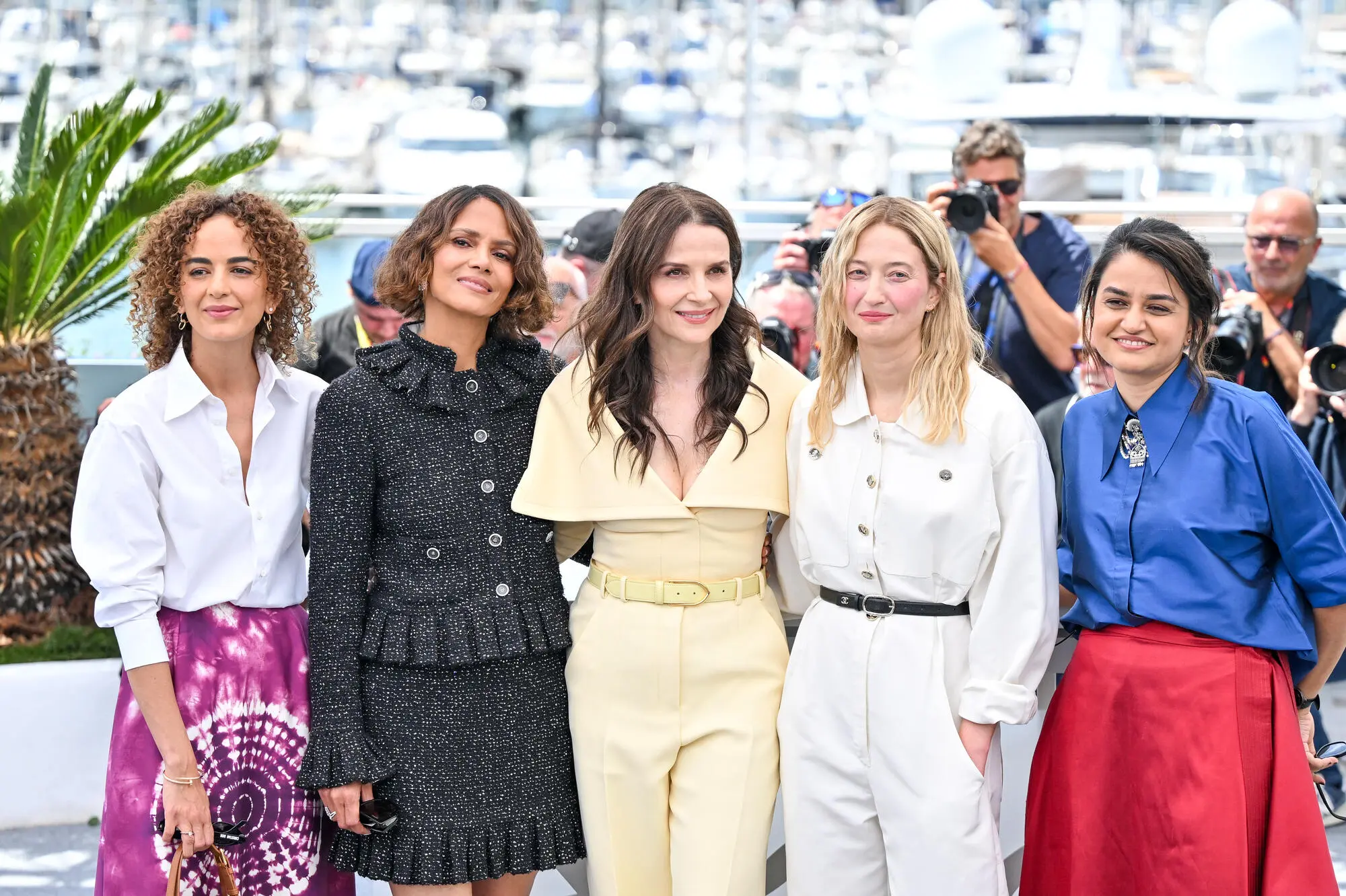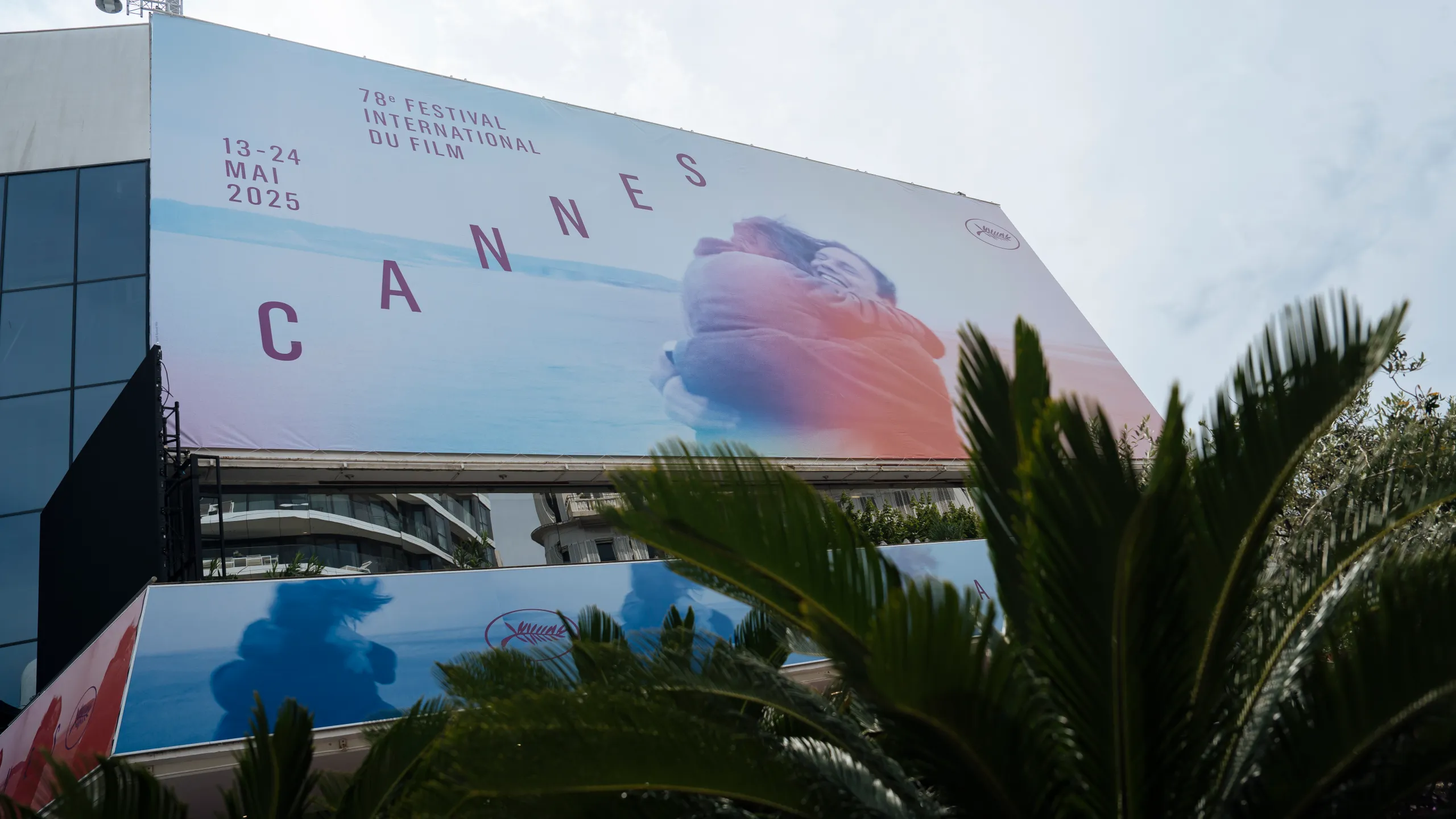The 78th Cannes Film Festival kicked off with a high-wattage gathering of cinema heavyweights including Robert De Niro, Leonardo DiCaprio, and Quentin Tarantino. Anticipation is high for the 12-day festival, with major premieres like Mission: Impossible – The Final Reckoning, Spike Lee’s Highest 2 Lowest, and Ari Aster’s Eddington.
A highlight of the opening night was DiCaprio presenting De Niro with an honorary Palme d’Or, praising him both as a legendary actor and an advocate for democracy. De Niro used the moment to criticize former President Donald Trump, denouncing his proposed 100% tariffs on foreign films and his broader cultural policies.
Cannes Opens with Star Power, Political Commentary and a Call for Artistic Resistance
The official ceremony, featuring an appearance by Tarantino, launched the festival with drama and flair. Tarantino declared the festival open and quickly exited the stage, while a range of events unfolded, including a tribute to Ukraine through three film screenings, and a restored showing of Charlie Chaplin’s The Gold Rush. The jury, introduced at the ceremony and led by Juliette Binoche, includes notable names like Halle Berry and Jeremy Strong. Despite the prestige of the setting, serious political undertones were present from the outset.

This year’s festival is defined by outspoken political commentary. Jury members used their platform to address global tensions, particularly former President Trump’s proposed tariffs on foreign films. Juliette Binoche offered a measured yet critical response, while Jeremy Strong emphasized cinema’s vital role in protecting and communicating truth amid growing confusion and misinformation.
The politically charged mood at Cannes reflects a broader movement among artists and cultural institutions to use film as a tool for resistance and a voice for truth in response to authoritarian influence.
Cannes Balances Glamour, Celebrity, Cinema and Strong Calls for Global Justice
Alongside serious topics, Cannes still maintained its signature glamour—albeit with new rules. Halle Berry commented on the revised red carpet dress code banning nudity and long trains, saying she had to adapt her wardrobe accordingly. Meanwhile, film excitement builds with Tom Cruise returning with another Mission: Impossible, and 22 films competing for the Palme d’Or. Entries include works from celebrated filmmakers like Wes Anderson and Kelly Reichardt, while actors Kristen Stewart and Scarlett Johansson make their directorial debuts in the Un Certain Regard section.
Global conflict and activism have taken center stage at Cannes this year. Ukraine was honored with a trio of documentaries, including one by 20 Days in Mariupol director Mstyslav Chernov. Meanwhile, over 350 filmmakers, including Viggo Mortensen and Mark Ruffalo, signed an open letter condemning cinema’s muted response to the crisis in Gaza.
The ACID program premiered a documentary on slain Palestinian photojournalist Fatma Hassona, calling attention to the intersection of cinema and human rights. These developments underscore how the festival is evolving into not just a celebration of film, but also a platform for global conscience and advocacy.


